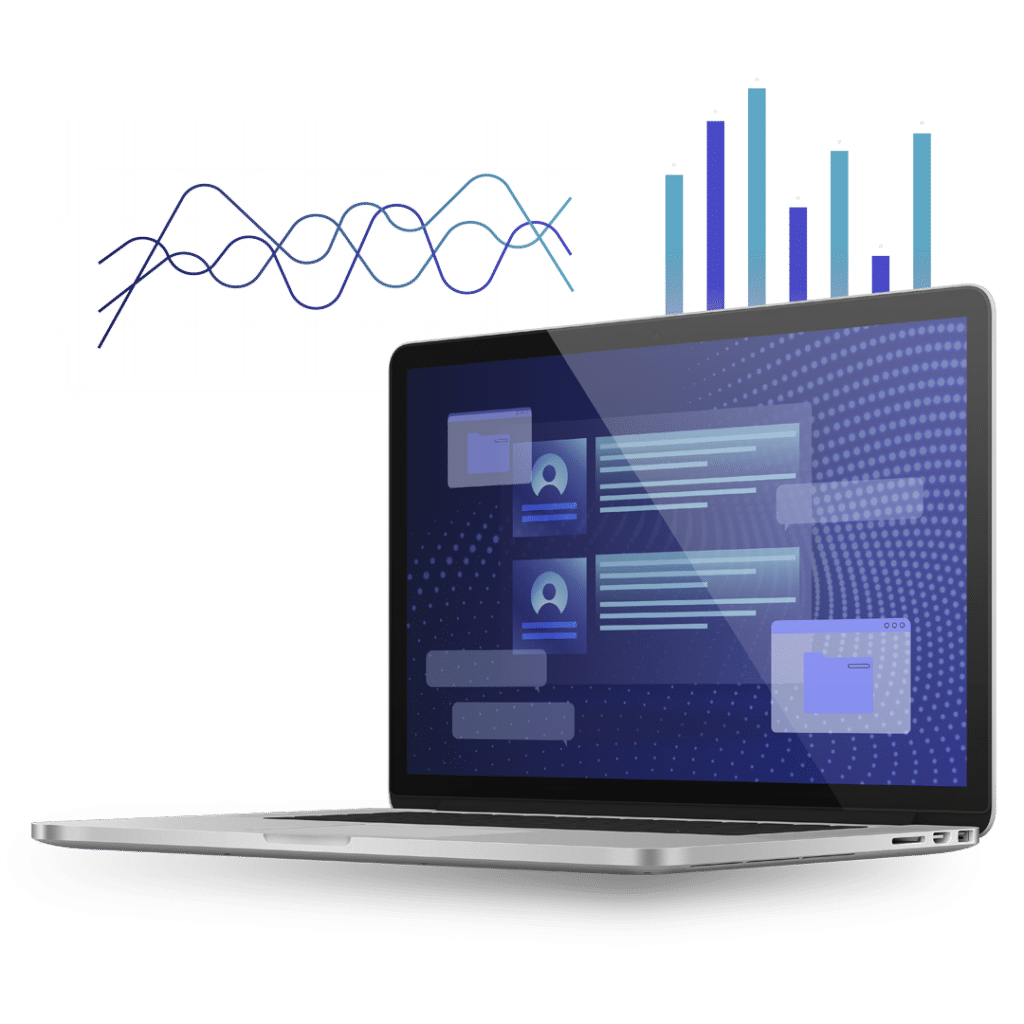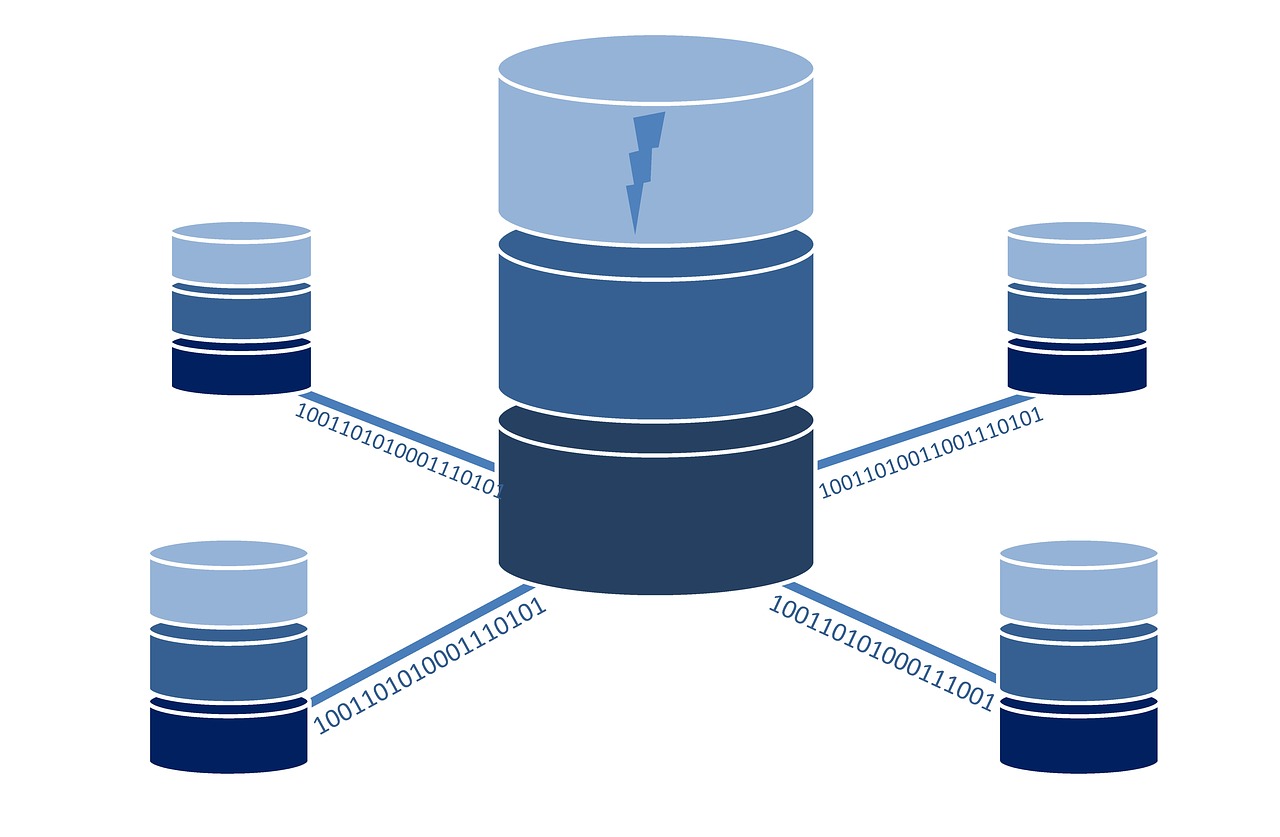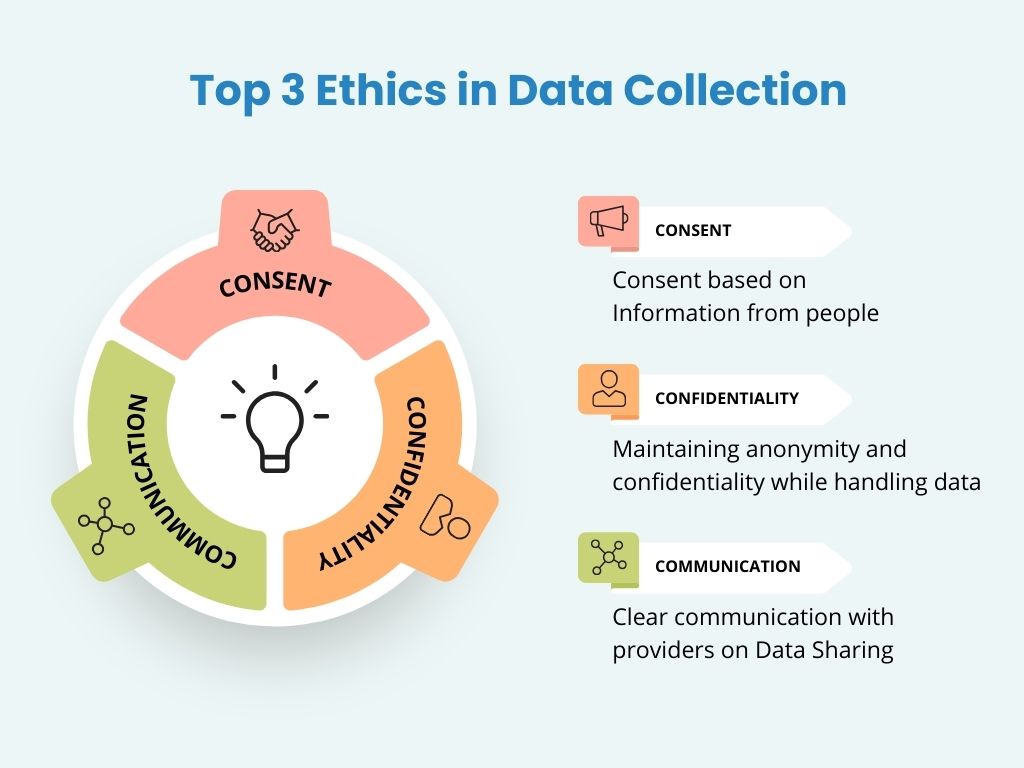1. Introduction to WHOIS and Historical WHOIS Data:
WHOIS is a protocol used to query databases for information about registered domain names, providing critical data such as the registrant's name, contact information, and domain status. While a standard WHOIS lookup shows current information, historical WHOIS data reveals past ownership, registration changes, and even expired domain details. Understanding these patterns can help businesses, cybersecurity professionals, and legal teams gain a competitive edge.
WHOIS reveals domain ownership details, while historical WHOIS tracks changes over time, offering insights for cybersecurity, legal investigations, and market research.

2. How Historical WHOIS Data is Collected and Stored:
Historical WHOIS records are compiled by third-party services that continuously archive domain registration data. Every time a domain's WHOIS information changes—whether due to a transfer, renewal, or privacy protection update—these changes are logged. This process ensures that domain data isn’t lost over time, offering a comprehensive timeline of ownership and administrative adjustments. Knowing how these archives work is essential for anyone looking to investigate the lifecycle of a domain.
Historical WHOIS data is gathered through regular snapshots of domain registrations, stored in databases by third-party services. This preserves ownership, contact, and DNS change histories for future reference.

3. Key Benefits of Accessing Historical WHOIS Records:
There are numerous advantages to consulting historical WHOIS data. Businesses can track domain ownership to identify legitimate entities, detect brand infringements, and assess the credibility of potential partners. Moreover, marketing teams can research competitors' digital histories, while legal professionals use this data to support trademark and copyright disputes. These benefits make historical WHOIS data a versatile resource.
Historical WHOIS records provide valuable insights into domain ownership changes, helping with cybersecurity investigations, intellectual property protection, and competitive analysis. They reveal patterns of fraudulent activity, assist in legal disputes, and support marketing research by tracking domain lifecycles. This data enhances transparency, trust, and informed decision-making online.

4. Practical Applications in Cybersecurity and Legal Investigations:
One of the most impactful uses of historical WHOIS data is in cybersecurity. Analysts often rely on domain ownership changes to detect phishing schemes, domain hijacking, and other online threats. Similarly, legal teams may use WHOIS history to prove domain squatting or unauthorized use of intellectual property. By revealing patterns of domain activity, historical WHOIS data becomes a powerful tool in protecting digital assets.
Historical WHOIS records help trace malicious actors, identify phishing domains, and gather evidence for legal disputes. They’re crucial for incident response, intellectual property protection, and fraud prevention.

5. Tools and Services for Exploring Historical WHOIS Data:
Several services specialize in providing access to historical WHOIS data, including DomainTools, WhoisXML API, and SecurityTrails. These platforms offer search functionalities that allow users to view snapshots of domain ownership from years or even decades ago. Understanding how to leverage these tools can streamline investigations and provide actionable insights.
Various platforms like DomainTools, WHOIS History, and SecurityTrails offer in-depth insights into domain ownership changes, helping businesses and investigators track cyber threats and verify domain authenticity.

6. Ethical and Legal Considerations of WHOIS Data Usage:
While historical WHOIS data offers many advantages, its use comes with ethical and legal responsibilities. With the advent of GDPR and other privacy regulations, access to domain ownership data has become more restricted. It’s essential for professionals to understand the boundaries of lawful data usage and ensure compliance while conducting domain investigations.
Using WHOIS data responsibly means respecting privacy laws like GDPR. Ethical access balances transparency with data protection, ensuring investigations, marketing, and cybersecurity efforts comply with legal frameworks.



You must be logged in to post a comment.